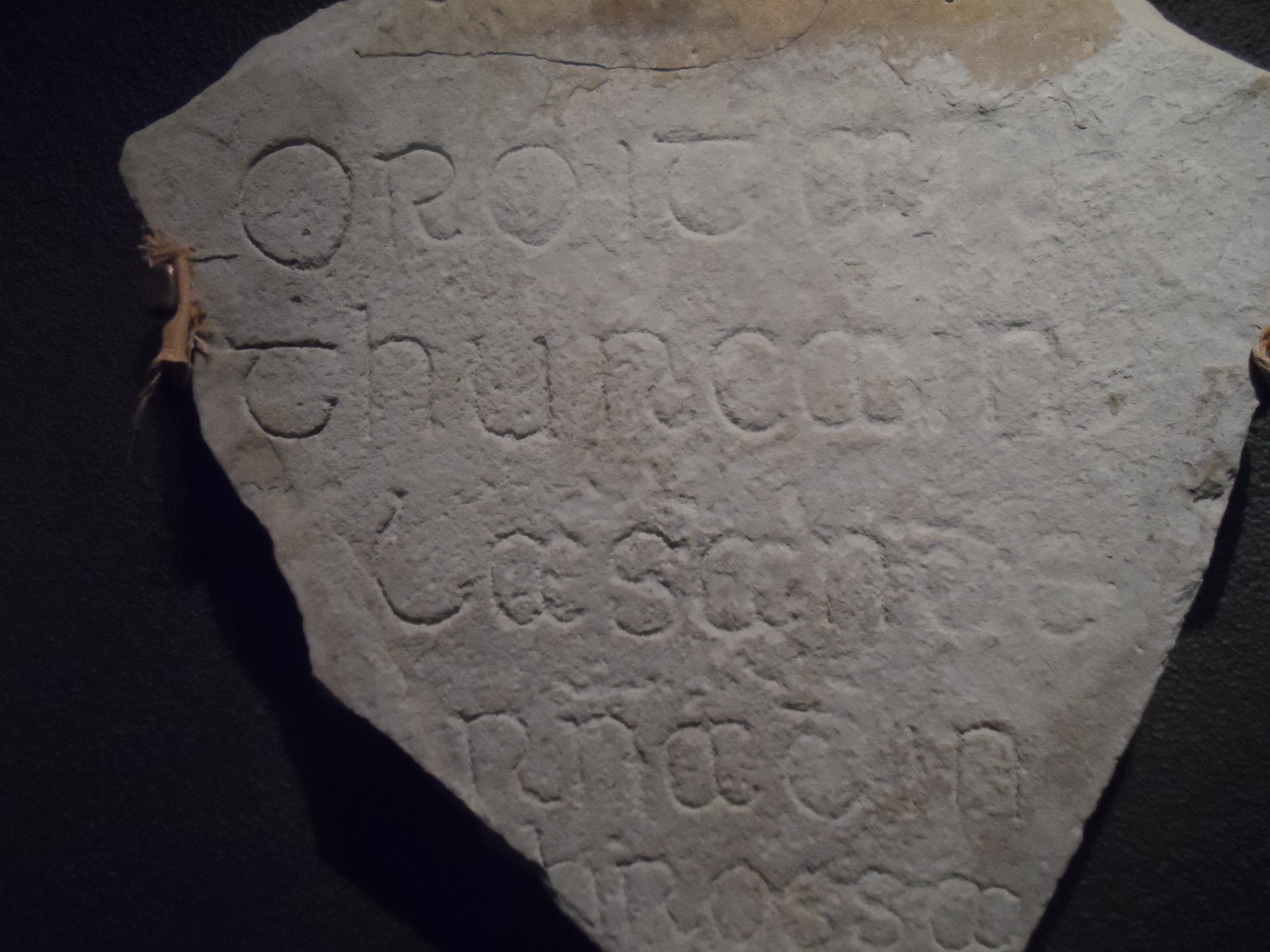|
Máel Coluim Mac Alaxandair
Máel Coluim mac Alaxandair () was an illegitimate son of Alexander I of Scotland, and was an unsuccessful pretender to the Scottish throne. He is a relatively obscure figure owing primarily to the scarcity of source material, appearing only in pro-David English sources, which label him a "bastard". When Alexander I died in 1124, Máel Coluim's uncle David I came to the throne with the help of King Henry I of England and David's own Norman retainers. Orderic Vitalis reports that Máel Coluim mac Alaxandair "affected to snatch the kingdom from avid and fought against him two sufficiently fierce battles; but David, who was loftier in understanding and in power and wealth, conquered him and his followers". Máel Coluim's war against David and Henry may have involved the death of David's eldest son. Before recounting the war against Máel Coluim, Orderic Vitalis reported the death of this son at the hands of an exiled Norwegian priest; but Orderic's account is so obscure that it is ... [...More Info...] [...Related Items...] OR: [Wikipedia] [Google] [Baidu] |
Middle Irish
Middle Irish, sometimes called Middle Gaelic ( ga, An Mheán-Ghaeilge, gd, Meadhan-Ghàidhlig), is the Goidelic language which was spoken in Ireland, most of Scotland and the Isle of Man from AD; it is therefore a contemporary of late Old English and early Middle English. The modern Goidelic languages— Irish, Scottish Gaelic and Manx—are all descendants of Middle Irish. Grammar Middle Irish is a fusional, VSO, nominative-accusative language. Nouns decline for two genders: masculine, feminine, though traces of neuter declension persist; three numbers: singular, dual, plural; and five cases: nominative, accusative, genitive, prepositional, vocative. Adjectives agree with nouns in gender, number, and case. Verbs conjugate for three tenses: past, present, future; four moods: indicative, subjunctive, conditional, imperative; independent and dependent forms. Verbs conjugate for three persons and an impersonal, agentless form (agent). There are a num ... [...More Info...] [...Related Items...] OR: [Wikipedia] [Google] [Baidu] |
